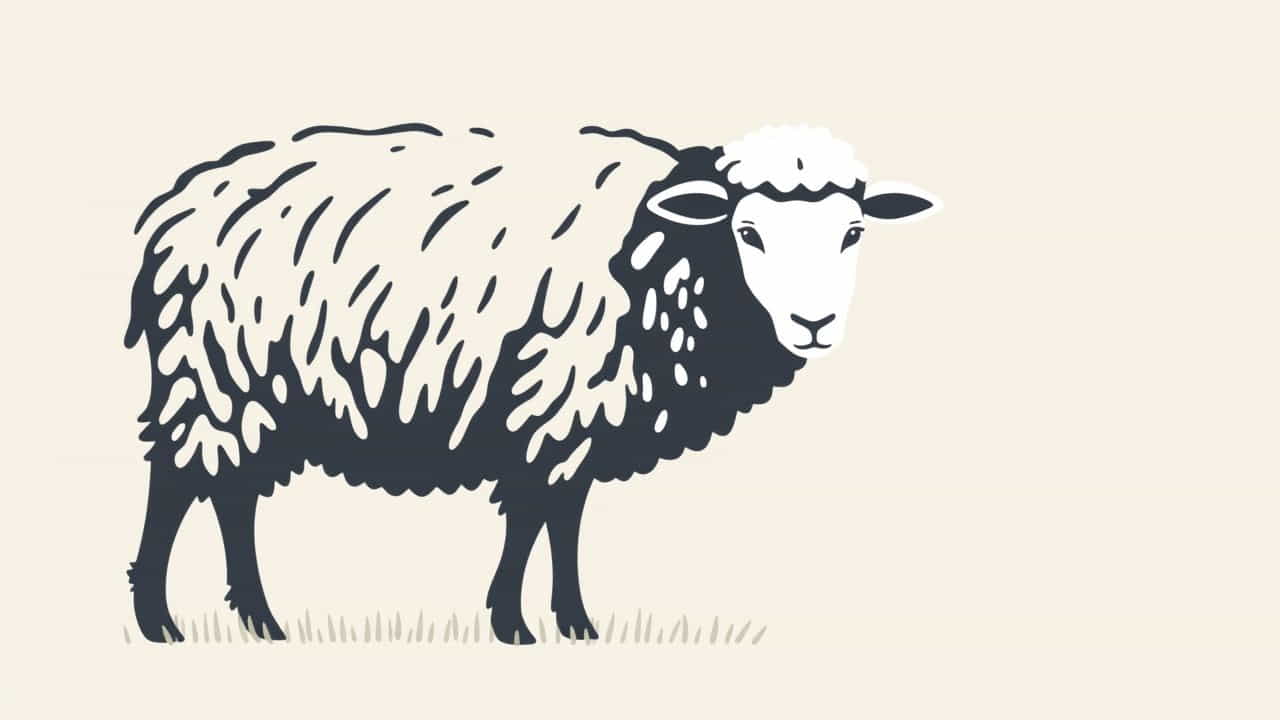A male sheep plays a vital role in the sheep farming industry, contributing to breeding, wool production, and meat supply. Male sheep are known as rams, but they can also be called wethers if they have been castrated. These animals are strong, sturdy, and have distinctive characteristics that set them apart from female sheep (ewes).
In this topic, we will explore the definition, characteristics, roles, and differences between male and female sheep. We will also discuss the importance of rams in breeding and how they contribute to the farming industry.
What Is a Male Sheep Called?
1. Ram (Intact Male Sheep)
A ram is an uncastrated male sheep that is used for breeding purposes. Rams are known for their curved horns, muscular build, and dominant behavior.
2. Wether (Castrated Male Sheep)
A wether is a castrated male sheep that is typically raised for wool and meat production. Since they do not have reproductive functions, wethers tend to be calmer than rams.
3. Tup (Another Term for a Ram)
In some regions, especially in the United Kingdom, a ram is also called a tup. The breeding season is sometimes referred to as "tupping season."
Characteristics of a Male Sheep
Male sheep have unique physical and behavioral traits that differentiate them from ewes.
1. Physical Traits
-
Larger and stronger than female sheep.
-
Thicker necks and muscular bodies.
-
Horns (in some breeds) that grow large and curved.
-
Heavier weight compared to ewes.
2. Behavioral Traits
-
More dominant and territorial than females.
-
Engage in headbutting and fights to establish hierarchy.
-
Rams display aggressive behavior during breeding season.
Difference Between a Male and Female Sheep
| Feature | Male Sheep (Ram/Wether) | Female Sheep (Ewe) |
|---|---|---|
| Size | Larger, more muscular | Smaller, more slender |
| Horns | Present in many breeds | Smaller or absent |
| Behavior | More aggressive, dominant | Calmer, social |
| Reproductive Role | Breeds with ewes | Gives birth to lambs |
The Role of a Male Sheep in Farming
Male sheep play an essential role in breeding, wool, and meat production.
1. Breeding
-
Rams are selected based on their genetics, strength, and health.
-
A single ram can mate with dozens of ewes during breeding season.
-
Farmers carefully choose rams to improve the quality of the flock.
2. Wool Production
-
Some rams produce high-quality wool, just like ewes.
-
Breeds like Merino sheep are known for fine, soft wool.
3. Meat Production
-
Male sheep, especially wethers, are raised for mutton or lamb meat.
-
Rams that are too aggressive or old are often culled for meat.
Breeding Season: The Role of the Ram
The breeding season, also called tupping season, is when rams mate with ewes to produce lambs.
1. How Rams Select Mates
-
Rams use scent and behavior cues to find ewes in heat.
-
They may fight other rams to win dominance.
-
Farmers sometimes use ram markers (dye on the chest) to track mating.
2. How Many Ewes Can a Ram Mate With?
-
A healthy ram can breed with 30-50 ewes in one season.
-
Farmers ensure rams are well-fed and strong for successful breeding.
Caring for a Male Sheep
1. Diet and Nutrition
-
Rams require a balanced diet with grass, hay, and supplements.
-
During breeding season, they need extra energy and protein.
2. Shelter and Space
-
Rams need separate enclosures if they are aggressive.
-
Wethers can be housed with ewes if they are calm.
3. Health and Veterinary Care
-
Regular hoof trimming and deworming are necessary.
-
Farmers monitor for diseases like foot rot or parasites.
Fun Facts About Male Sheep
-
Some rams have spiral horns that can grow over 3 feet long.
-
The largest recorded ram weighed over 450 pounds.
-
Rams can recognize up to 50 different sheep faces.
-
Headbutting is a natural way for rams to show dominance.
A male sheep, whether a ram or a wether, is an important part of the sheep industry. Rams are used for breeding, while wethers are primarily raised for meat and wool. These animals are strong, dominant, and essential for maintaining healthy flocks. Whether you are a farmer, animal enthusiast, or simply curious, understanding male sheep helps appreciate their role in agriculture.
